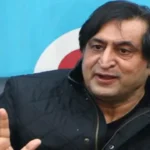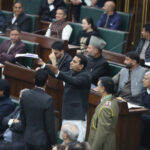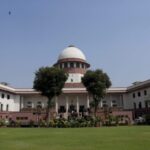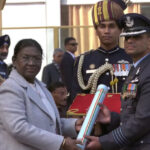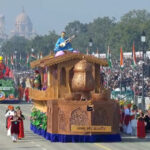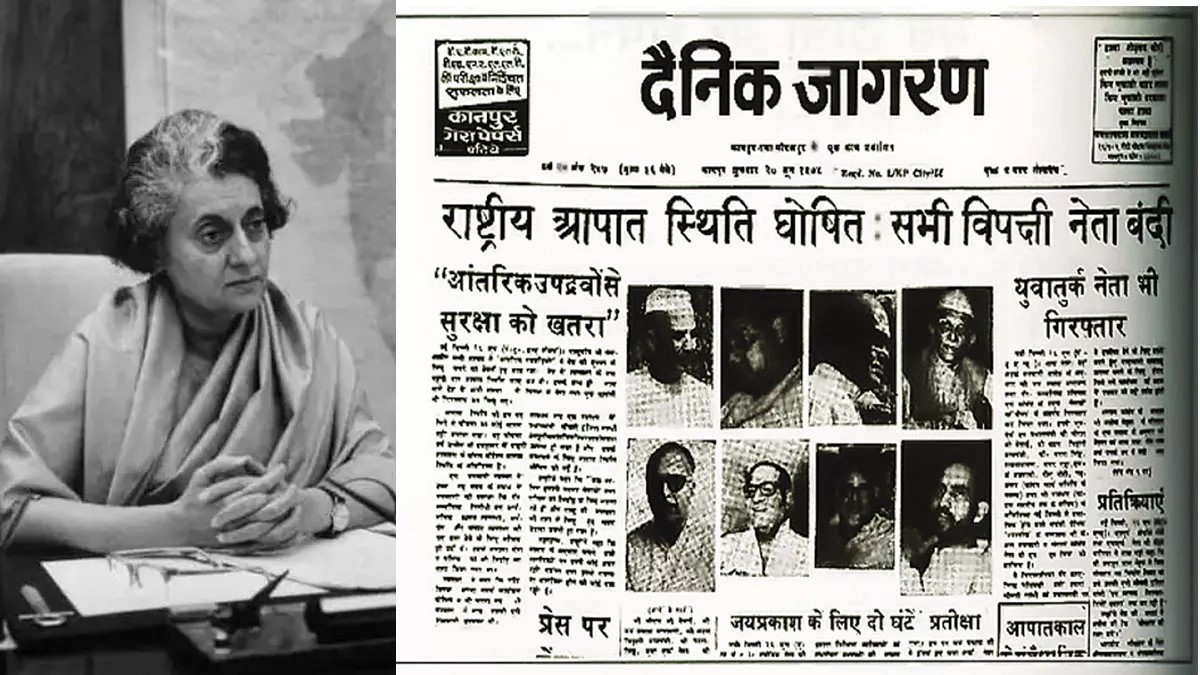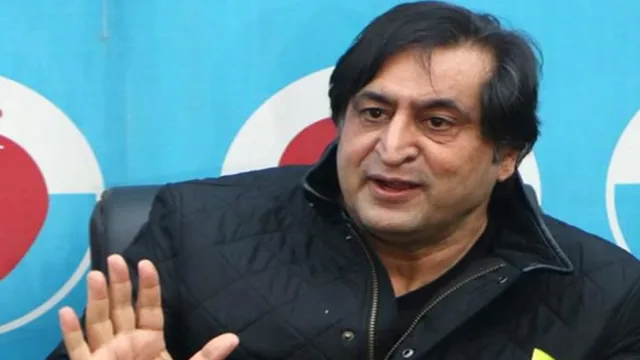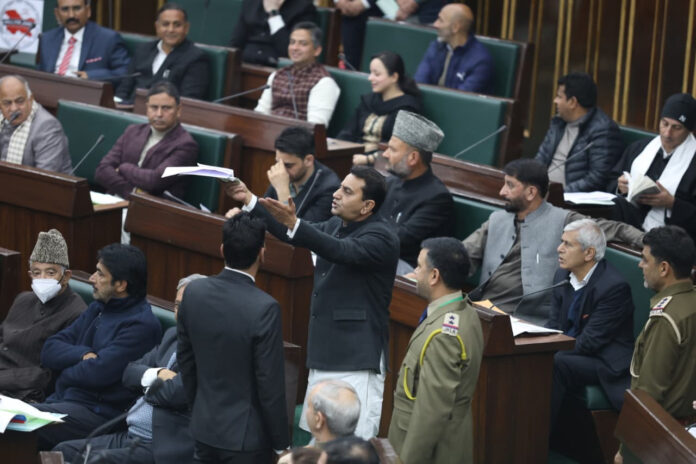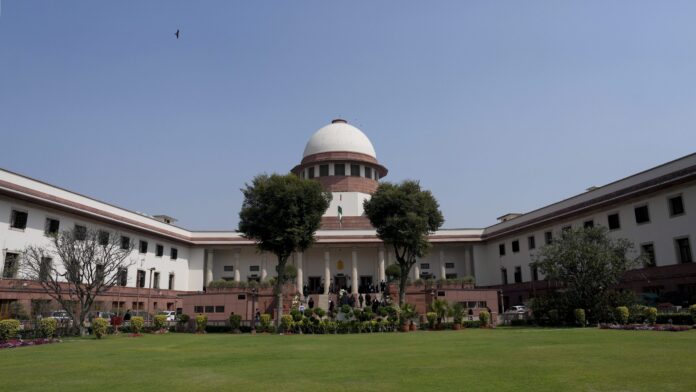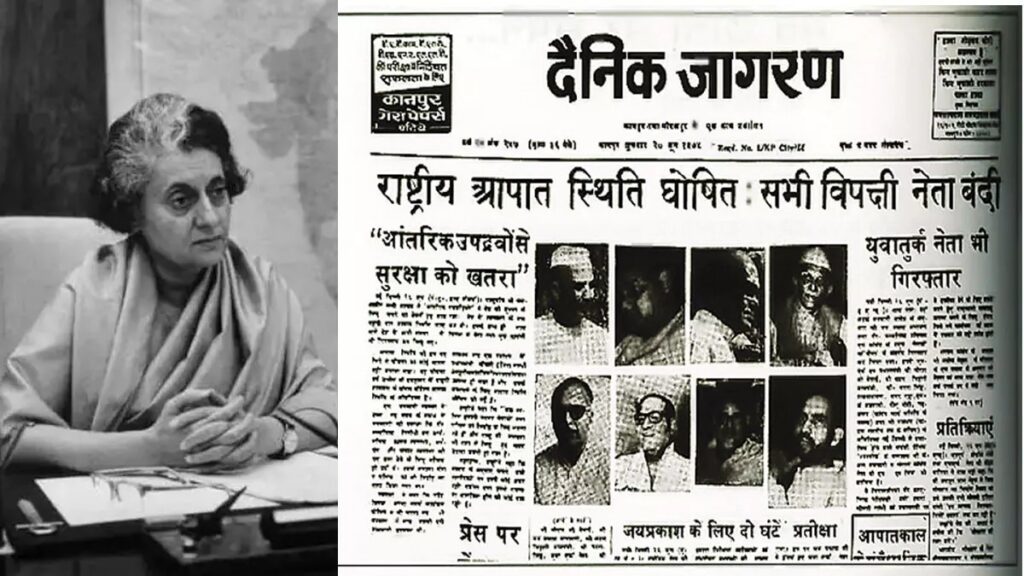
June 25th, remains etched in memory. It’s a dark day in Bharat’s history. I was in my second year of college at the time. I didn’t understand much about politics. But the intensity of the Emergency was truly felt on July 26, 1975.
My father and brother were RSS karyakartas. Our home was steeped in the RSS ethos. The news of the ban on the Sangh caused immense mental distress and unease among everyone in the family.
Suppression of Dissent
Without any reason, many karyakartas of the RSS and opposition parties were imprisoned under the MISA (Maintenance of Internal Security Act). And raising a voice against this injustice was impossible. Freedom of expression was stifled.
But someone had to speak up. The Satyagraha movement began in the first week of December 1975. Prior to that, to ensure people received accurate information, leaflets were secretly distributed in homes and public places. In Satara, leaflets were distributed in all colleges. I remember we also carried leaflets in our purses and distributed them. Two activists were arrested while distributing leaflets at our L.B.S. College. At that time, Satara had three theaters, Leaflets were also distributed there during intermissions. Cyclostyling all these leaflets secretly was a huge and risky task. These leaflets were distributed in Satara city and surrounding villages.
The Satyagraha Begins
The Satyagraha began in December. Every day, a batch of 4-5 Satyagrahis would perform Satyagraha in different parts of the city. At the designated spot, Satyagrahis would gather with placards in hand, shout slogans, and parade on crowded city streets. Someone would give a speech against the Emergency. The police would intervene. Finally, they would arrest and take them away. But even when going from prison to court and back to prison, the Satyagrahis would shout powerful slogans against the Emergency. In Satara, the police didn’t cause much trouble. But in some places, third-degree treatment was given, including electric shocks. Some activists suffered permanent disabilities from this. Overall, the situation was so dire that one might wonder if it was a period of subjugation.
In Satara, slogans like “Emergency Hatao, Lokshahi Bachao” (Remove Emergency, Save Democracy) were written on walls at various places, dodging the police. Two significant locations for these slogans were the wall of ‘Charbhinti’ (Martyr’s Memorial) and the wall of the bastion next to the main gate of Ajinkyatara Fort. At Charbhinti, activists would write slogans, and the police would erase them, and this happened 3-4 times. Eventually, the administration stationed a police guard there. The letters of the slogan on Ajinkyatara Fort were 12 feet high. It was easily visible from anywhere in Satara. To write this, activists carried an MSEB ladder on their shoulders up to the fort.
A Unique Protest and Its Cost
A unique Satyagraha was performed by three activists. Two of them carried a bier symbolizing the Emergency, and the third carried an earthen pot. Shouting slogans like “Chala Re Chala Maitila Chala, Aanibaani Cha Maitila Chala” (Come, let’s go to the funeral, let’s go to the funeral of the Emergency), they paraded the “funeral procession” of the Emergency through the main streets of Satara. Naturally, those activists were arrested.
During this period, the families of activists who were imprisoned for many days faced extremely difficult circumstances. These people suffered punishment without having committed any crime. They endured physical and mental torment. Parents worried about the academic future of those who were students, while other family members were plagued by mental and financial stress due to the imprisonment of the family’s main earner. This was an extremely unfortunate and dark chapter in Bharat’s history. It was a glimpse of what freedom fighters must have endured during the period of foreign rule. And most painful of all was that this was all the doing of our “own” government, in independent Bharat.
Even today, recalling that period and the plight of those who suffered imprisonment under MISA fills my heart with sorrow and sends shivers down my spine.
Dr. Sanjeevani Tophkhane

